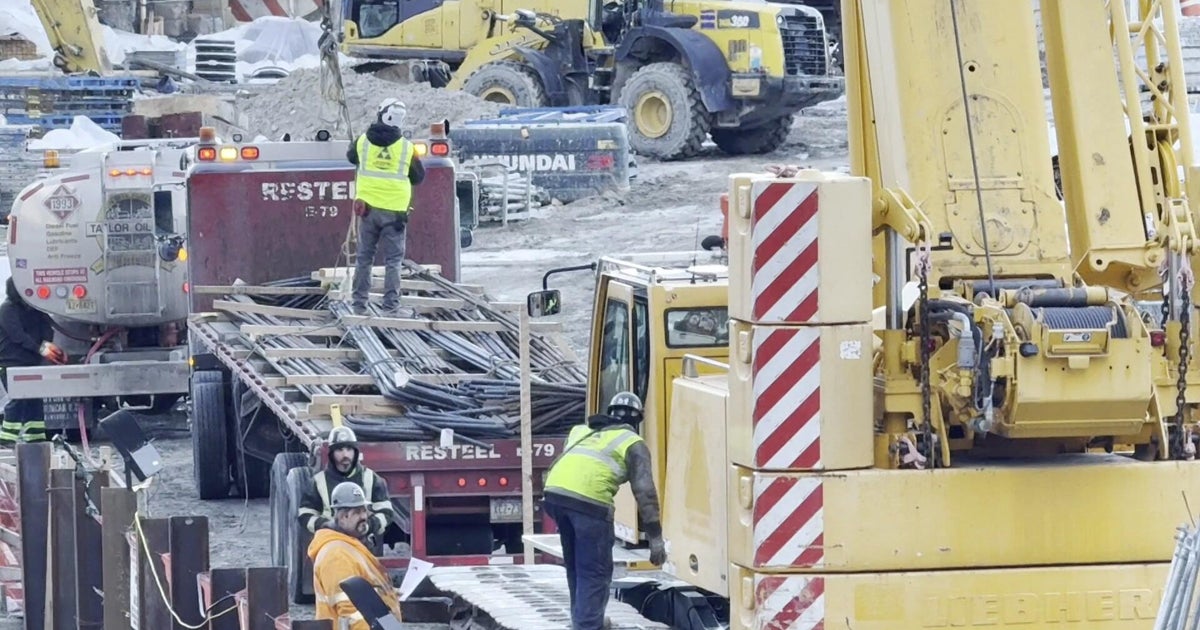One giant leap
What happens when a president believes something that isn’t so? Do his advisers set him straight? Can they? If they tell him, does he listen?
This is a core question for a presidency because after the first few days of knocking out the executive orders you want to sign, the job gets harder. To make good decisions, a president has to confront ugly facts and shed comfortable beliefs.
In the early days of President Trump’s tenure, he has been productive, crisp and true to his stated purpose on many fronts. He probably hasn’t had to make any tough calls yet (we can’t know what he’s doing that’s classified) but since winning the election, he has shown us the habits that he brings to evaluating those kinds of tough decisions he’ll face. Those habits are at odds with the job.
President Trump is deeply skeptical about facts that challenge him and credulous of evidence-free stories that support his views. This is the lesson both of his refusal to accept the intelligence agencies’ view that Russia interfered in the 2016 election and his belief that three to five million illegal immigrants voted for Hillary Clinton. His past behavior shows that this style of thinking is a part of his nature.
There is no evidence that three to five million illegal votes were cast. The claim has been shot down by numerous fact-checkers. The author of the study Trump is apparently relying on says Trump is misinterpreting his data. Still, President Trump believes. He brought up the idea during a recent meeting with Congressional leaders. He has brought it up a great deal in conversations since the election. It is a core story he tells himself about the election, and he tells it to others when explaining the size of his electoral achievement and how he has a mandate to govern.
For aides to President Trump this is a problem in this specific case and more broadly. How will they convince him to believe in inconvenient facts so that he can make good decisions in other more trying circumstances? It is also a challenge for a White House staff because the public image of the president as a wise decision maker is key to the job.
When the administration press secretary Sean Spicer was asked about Trump’s view at his Tuesday briefing, he said “The president does believe that.” Usually a press secretary defends a president. Here Spicer was stepping aside. As he was pressed, Spicer stuck with the same construction, repeating several variations of “It has been a longstanding belief that he’s maintained.” After a time it sounded almost like a religious tenet.
The presidential question is whether Donald Trump promotes this story for effect or whether he really believes the voter fraud story. In the past, Trump has continued to say things he knows not to be true so that he can leverage the fact-checking process. He trades the hit he gets for being called out for the benefit gained by disseminating the underlying claim to an audience who will uncritically believe him, but who might not have heard him say it the first time. Fact checking is a distribution channel.
If the president is using the story of massive undetected voter fraud in this strategic way then it is like the other deceptions he has used. When Ted Cruz became a primary threat, Trump suggested his father was involved in John Kennedy’s assassination. He suggested Mitt Romney was not really a Mormon. He has suggested that Hillary Clinton was involved in Vince Foster’s death. Trump has also claimed his taxes were audited because he’s a Christian, that he was attacked by the Islamic State and he suggested that Antonin Scalia may have not died of natural causes. For five years he was the chief public voice promoting the idea that Barack Obama was not born in America. None of the claims in this paragraph are remotely true.
These lies may all have been tactics to achieve one end or another. But how do we know that? What should people seeking confidence in their president think about these fantasies? One thing is certain: President Trump does not want people to evaluate him using the same leap in logic he employs to believe illegal voting claims. If they did employ that kind of leap, they’d look at the above examples and be certain that he was irrevocably captured by conspiracies and fantasies.
The leap in logic is the thing. Let’s assume for a moment that Donald Trump is not being strategically deceptive and fully believes that three to five million illegal immigrants voted. He believes that with no contemporary evidence and based on an inference from a disputed study that took place before the 2016 election and made claims about the possibility of illegal votes, not the reality. That’s a big leap. Another big leap is the argument that because there are incidents of votes being cast fraudulently in history it’s certain that three million people committed it in 2016. Simply feeling a few drops of rain is not sufficient proof that there is a hurricane. That kind of leaping can create some radical policy choices.
When a president makes this kind of long jump to believe information that is in his self-interest, it brings into higher relief those instances when a president refuses to accept more credible evidence. If President Trump used the standard he used for the voter fraud claim and applied it to the Russian espionage reports, he would have believed them before the intelligence agencies ever gave him his first briefing. It wouldn’t have taken four months to win him over.
What do the president’s aides do in this situation? Presidents who are resolute in the face of criticism and doubt have become some of the greatest ones. It is a crucial attribute of the job. But that’s when their position is based on values, reason, evidence and experience. What if the staff thinks the president is just holding on to self-soothing ideas based on unstable information? At that point they are compelled to step in-- if for no other reason than to remind the President that when fighting Jill Stein’s efforts for a recount, Donald Trump’s lawyers said there was no evidence of voter fraud in the country. “All available evidence suggests that the 2016 general election was not tainted by fraud or mistake,” they wrote.
The most important quality for a White House staff is that it contain someone who can tell the president no, or correct him when he’s off. If the president is attracted to alternate theories or produces them on his own and is reluctant to contradictory information it puts a lot of friction in the system. It takes longer to make decisions, staffers preparing evidence based appeals for the boss feel undermined either by the president or their colleagues who can win an argument through charismatic and not reality-based appeals.
In this case, no one appears to want to contradict the boss on this particular belief he maintains. There is a cost. Lawmakers who don’t believe this story-- Paul Ryan is one of them-- come away from a meeting where the president repeats the falsehood with a diminished view of the president’s ability to reason. Since there are so many other examples of leaps in logic it suggests a pattern. What are lawmakers to think when a crisis hits and they have to depend on the president’s clear thinking?
Voters are also left to wonder what manner of man will be making the weightiest decisions in the world if he’s prone to these kinds of leaps in logic.
This is the bread and butter of a presidency: how a president takes in information and whether he is open to alternate information. President Donald Trump hasn’t been tested yet, but his views on illegal voting are less about what happened in the election in the past and are more about how he carries out his office in the future.



